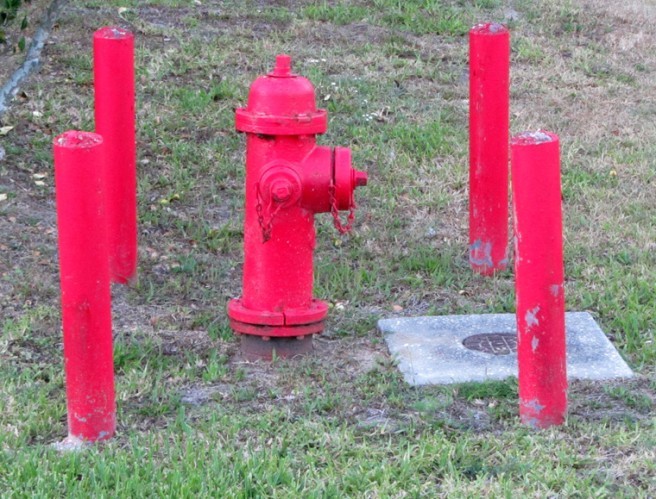
FELLSMERE — The City of Fellsmere and Indian River County have struck a tentative and conceptual agreement for maintaining the city’s fire hydrants in the wake of the city winning over the county in a court dispute of the cost. The conceptual agreement, approved by both the Board of County Commissioners and the Fellsmere City Council this week would save taxpayers more than $13,000 annually.
Staff from both governments are expected to bring back a formal agreement to their respective boards for final approval sometime in the near future.
County Attorney Alan Polackwich and Fellsmere City Manager Jason Nunemaker worked together to craft a conceptual agreement between the two governments regarding who would be responsible for maintaining the city’s fire hydrants and at what cost.
Polackwich told the commission that he went to Nunemaker “hat in hand” seeking a way to resolve the issue to the benefit of taxpayers.
“You’re never quite sure what the reaction’s going to be,” Polackwich told commissioners when approaching the prevailing party with a request to do something other than approved by the court. “But much to Jason’s credit, he was interested in the same thing I was, which, namely, was reducing the tax burden.”
Indian River County residents, with the exception of the Town of Indian River Shores, pay a portion of their property taxes into the Emergency Services District, which funds – in part – maintaining the county’s fire hydrants because the county is responsible for Fire Rescue. Both the City of Fellsmere and City of Vero Beach, having their own water systems, pass the charge of maintaining their hydrants to the county because Fire Rescue is the end-user of the hydrants.
Last year, a court sided with the City of Fellsmere on that point and agreed that Fellsmere’s $225 charge per hydrant to the county was appropriate.
The county currently maintains 4,112 hydrants and would absorb Fellsmere’s 117 hydrants.
“Economies of scale exist,” Polackwich said.
Nunemaker presented the same conceptual agreement to the Fellsmere City Council Thursday evening, informing the council that under the agreement, the county would take over maintaining the hydrants and pay the city $51 per hydrant annually for ensuring there be enough water capacity in the city’s water system.
The county, according to Nunemaker, would spend an estimated $60 per hydrant annually to maintain – a cost borne by the Emergency Services District as is the case with all other county-maintained hydrants.
In all, the county’s expense to take on the city’s hydrants would be almost half what the court had approved – $12,987 instead of $26,325.
“I think it could be a win-win,” Nunemaker said of the tentative agreement.
Councilwoman Sara Savage voiced concerns regarding the county’s accountability to the city for making sure the hydrant maintenance actually occurs.
“We’re not just washing something away,” Nunemaker said, explaining that the county would have to report its maintenance work to the city so the city can be sure the hydrants are in working order.
Interim Utility Director Larry Napier told the council that he would be providing a spreadsheet on the hydrants’ locations and other pertinent information to the county for maintenance purposes.
Though the Fellsmere City Council did not take a formal vote on the agreement, they did approve it by consensus and directed Nunemaker to work with Polackwich to craft a formal agreement.
That agreement would go into effect on Oct. 1, the start of the next fiscal year, upon a formal vote of approval by both the Board of County Commissioners and the Fellsmere City Council.
Nunemaker said he would suspect it would be a “rolling” agreement, one that would be automatically renewed each year provided neither party wanted out. He noted that he would work in an exit clause for the city so the city could end the agreement in the event it no longer wished to have the county maintain the hydrants.



